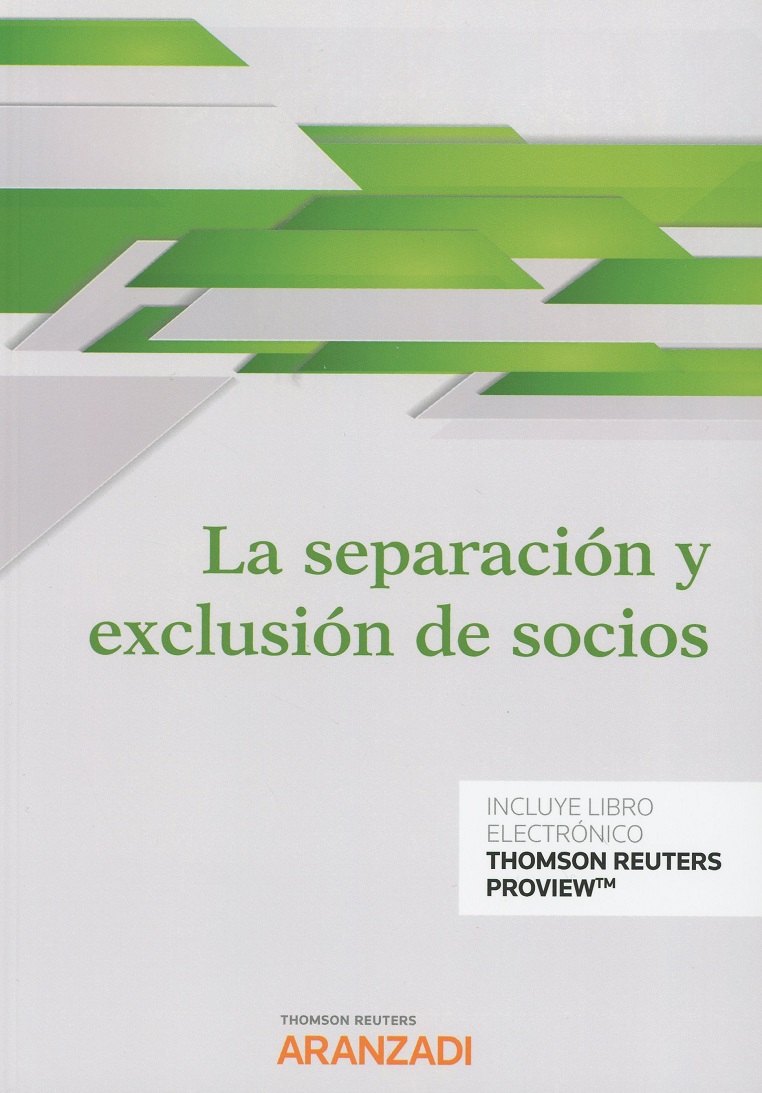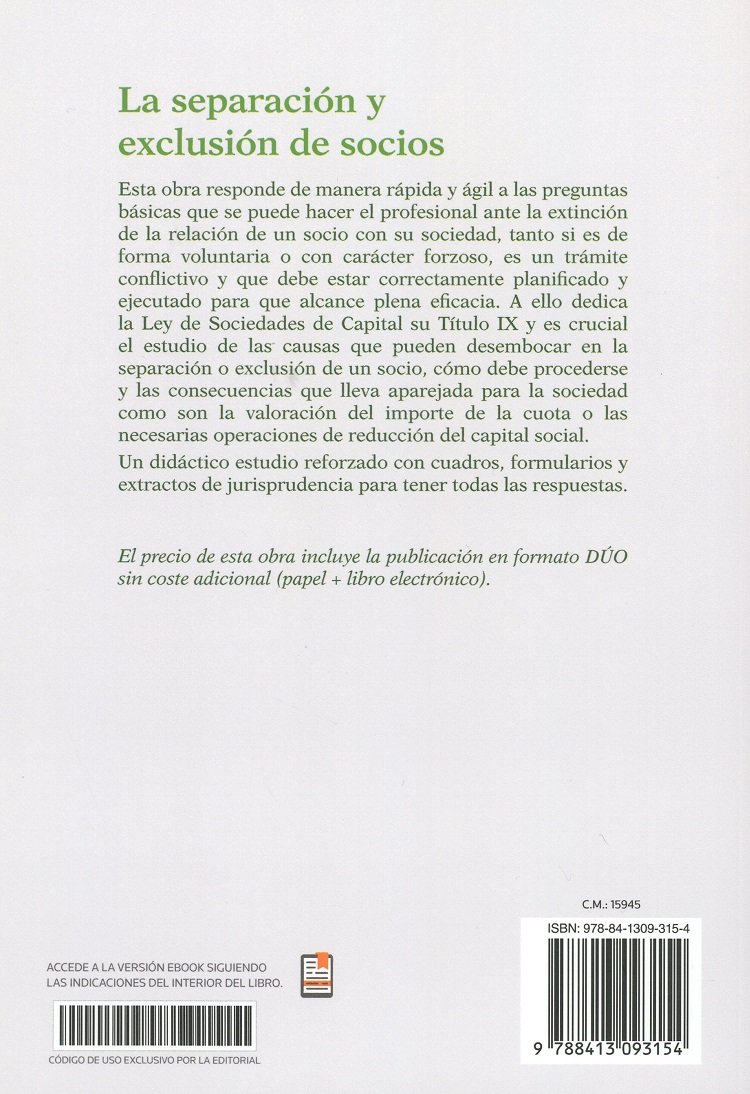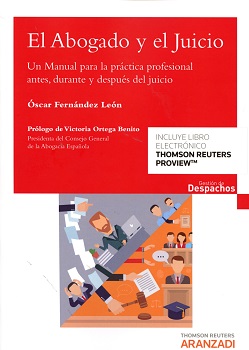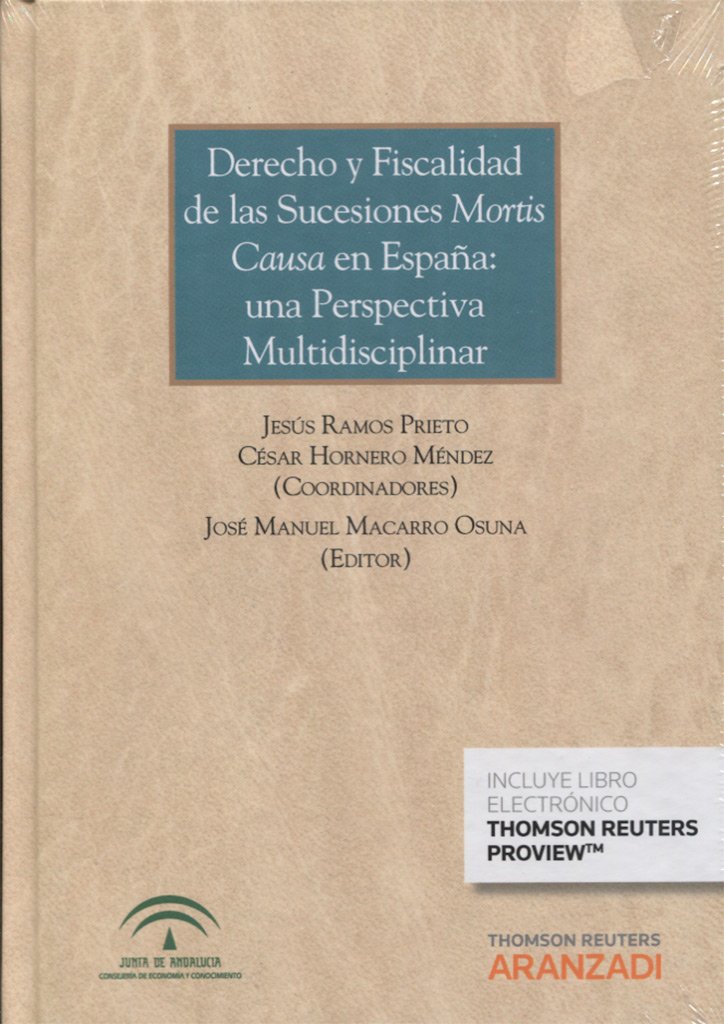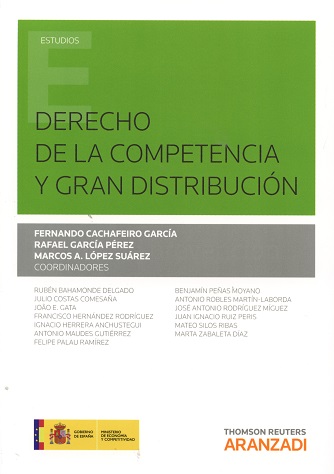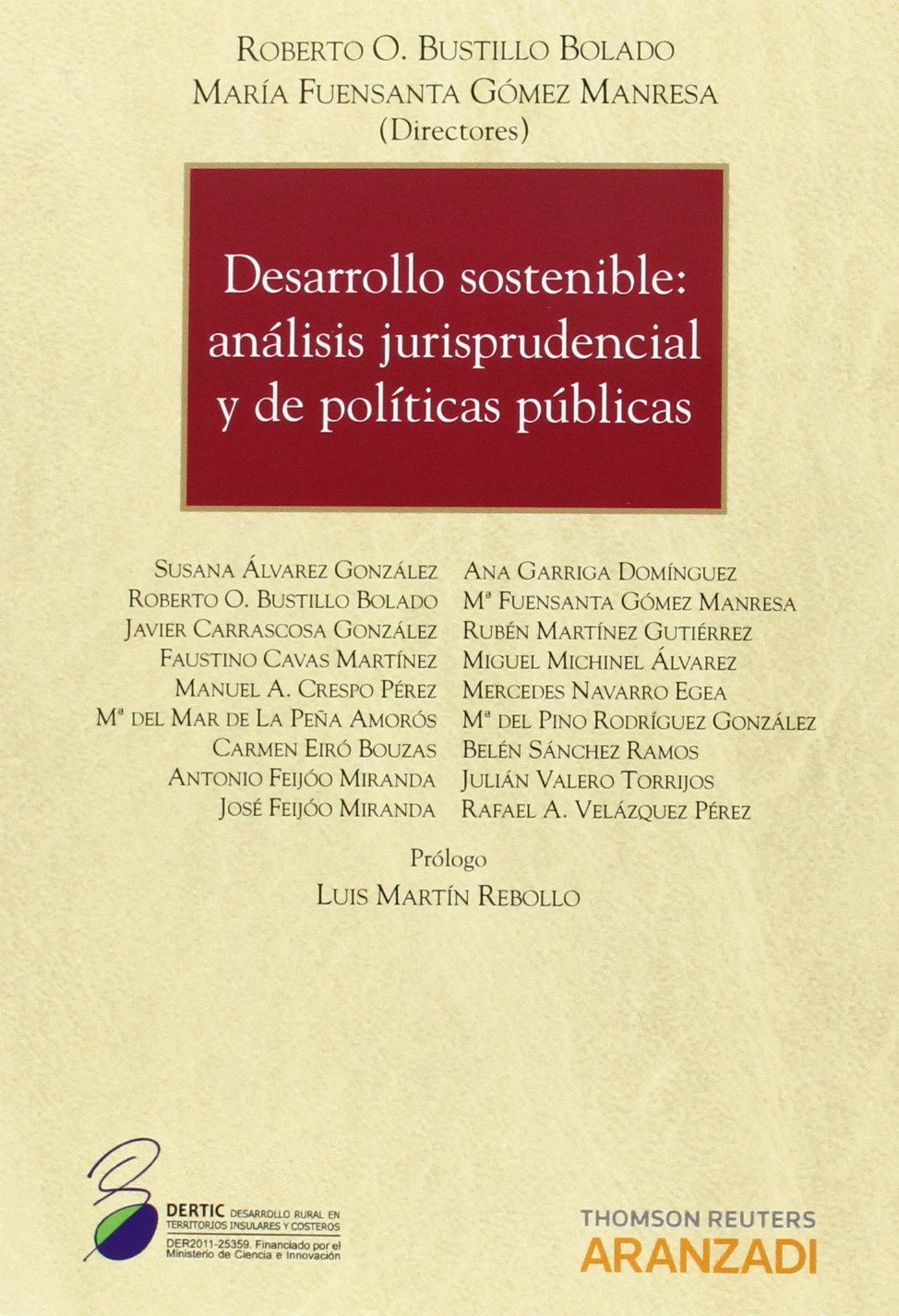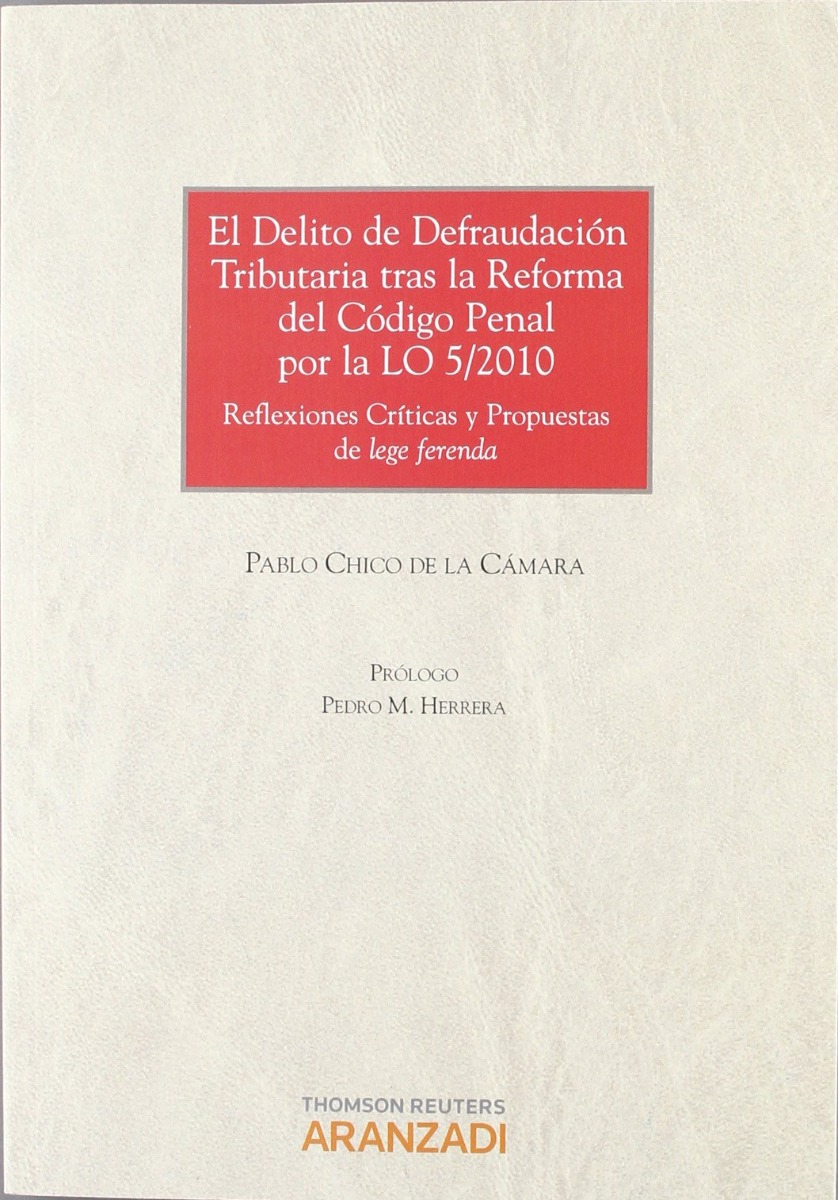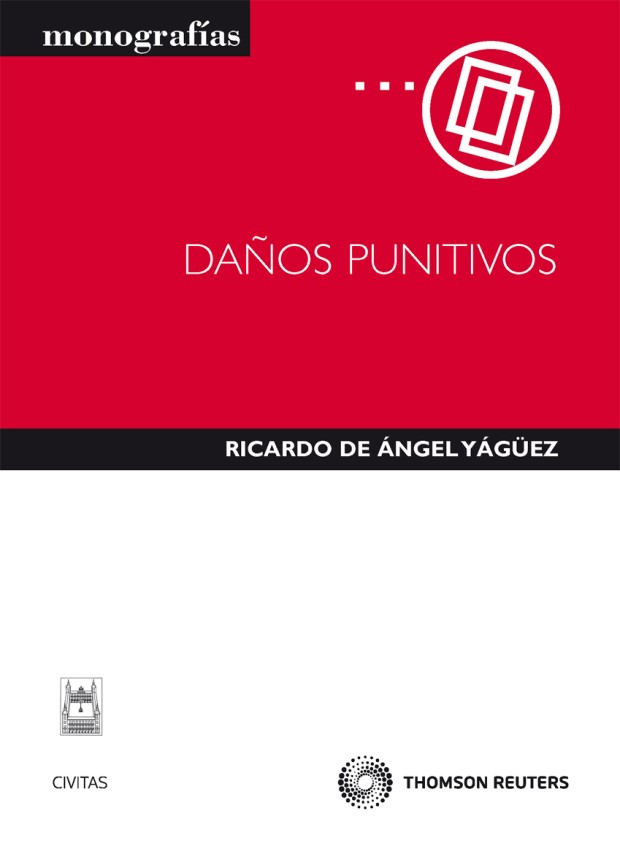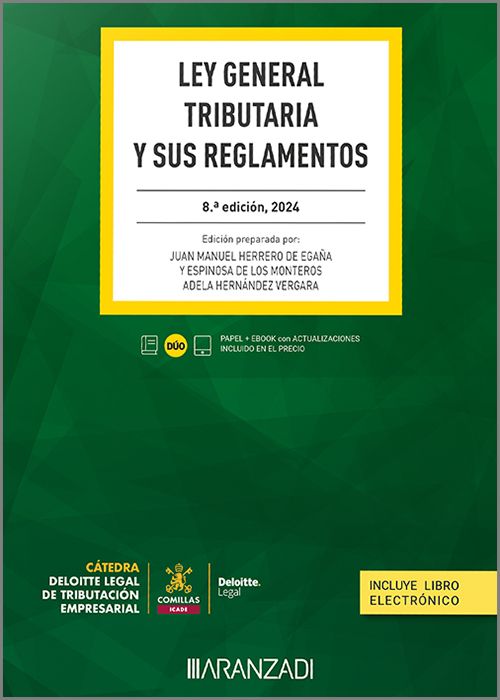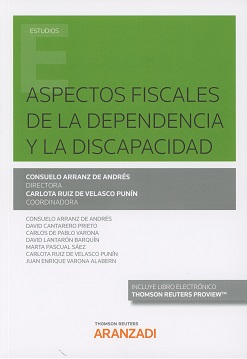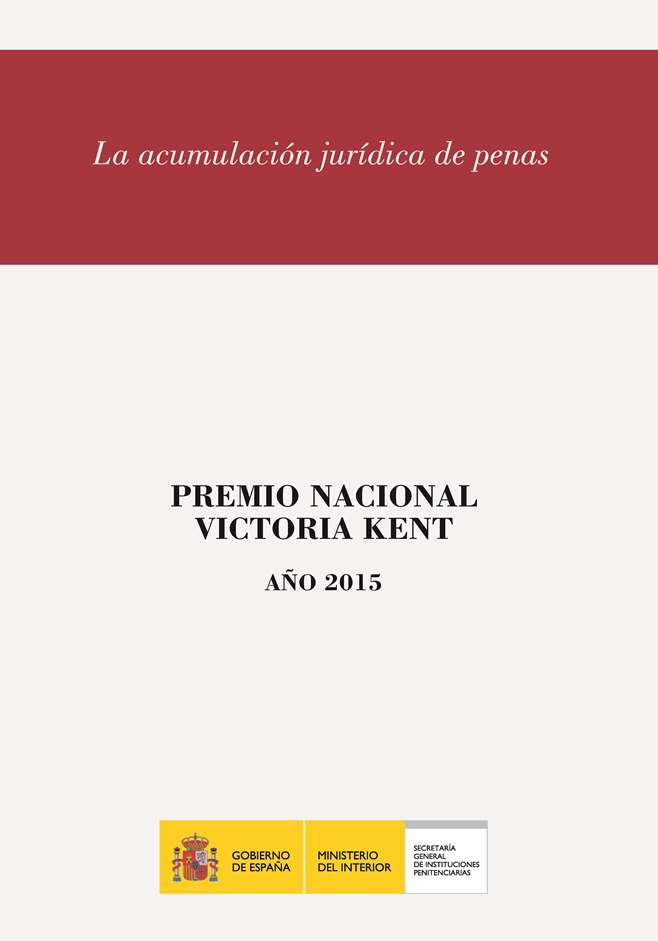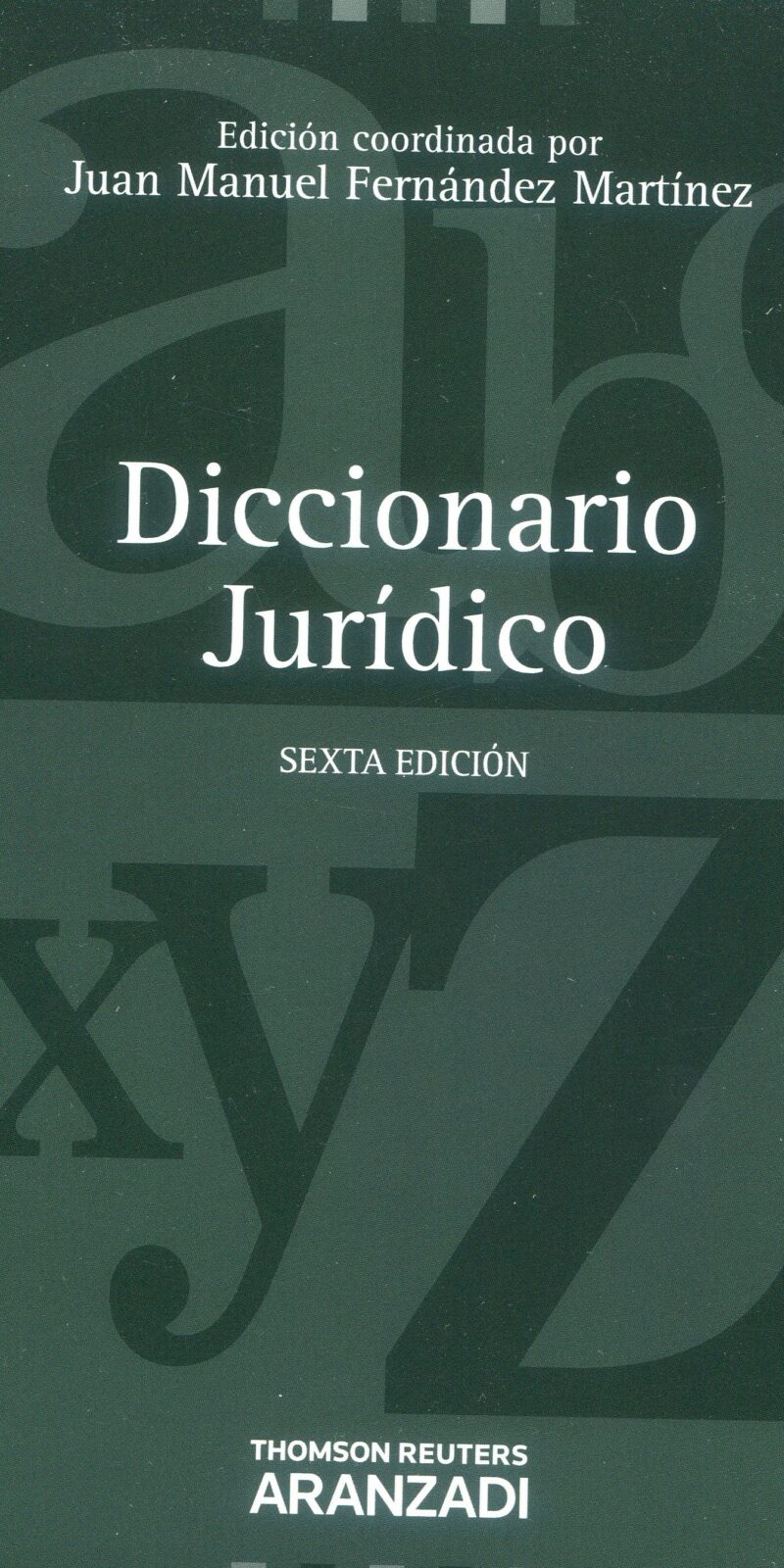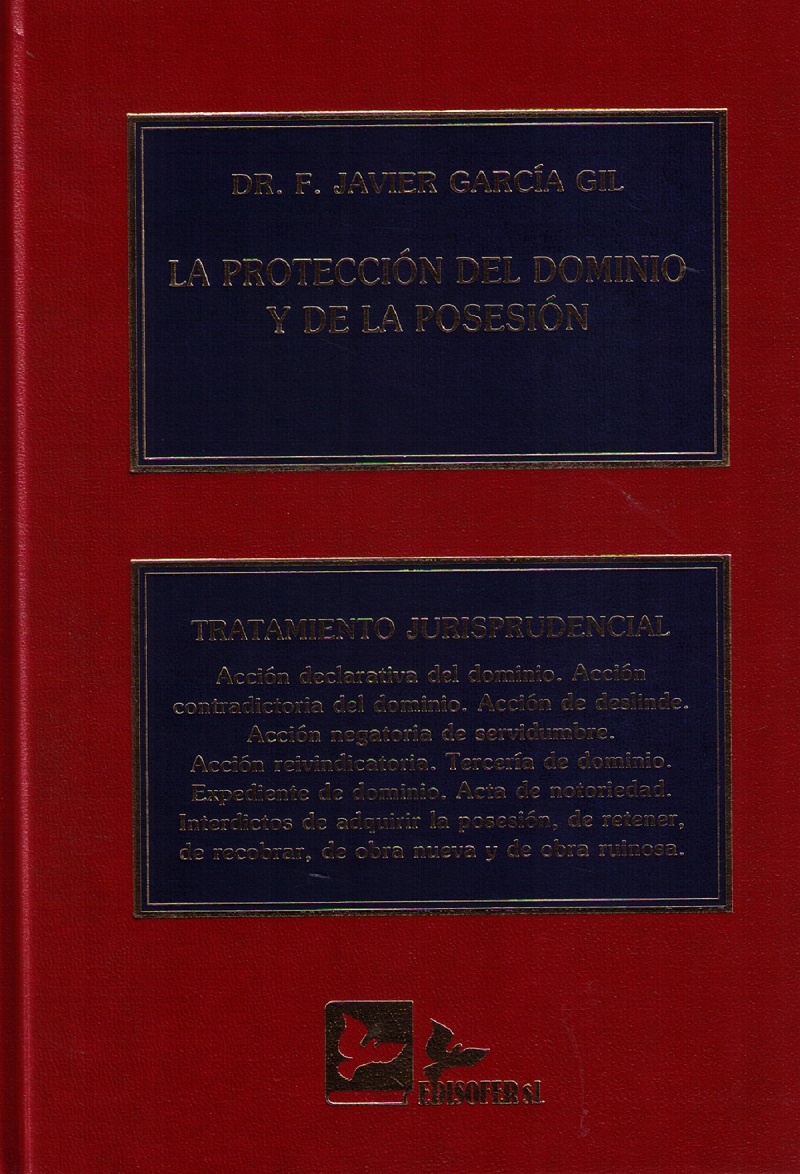La extinción de la relación de un socio con su sociedad, tanto si es de forma voluntaria o con carácter forzoso es un trámite que puede resultar conflictivo si no está correctamente planificado y ejecutado para que alcance plena eficacia
• Guía de forma directa y sencilla por los diferentes supuestos y las consecuencias comunes y exclusivas de cada supuesto.
• Expone claramente cómo se debe proceder en estas situaciones.
• Incluye los conceptos básicos acompañados de ejemplos, formularios y jurisprudencia.
Destinado a Abogados mercantilistas, asesores de empresa, empresas, gestorías, notarías.
Esta obra responde de manera rápida y ágil a las preguntas básicas que se puede hacer el profesional ante la extinción de la relación de un socio con su sociedad, tanto si es de forma voluntaria o con carácter forzoso es un trámite conflictivo y que debe estar correctamente planificado y ejecutado para que alcance plena eficacia. A ello dedica la Ley de Sociedades de Capital su Título IX y es crucial el estudio de las causas que pueden desembocar en la separación o exclusión de un socio, cómo debe procederse y las consecuencias que lleva aparejada para la sociedad como son la valoración del importe de la cuota o las necesarias operaciones de reducción del capital social. Un didáctico estudio reforzado con cuadros, formularios y resúmenes de jurisprudencia para tener todas las respuestas.
I. ¿CÓMO VAMOS A ENFOCAR EL TEMA?
II. EL DERECHO DE SEPARACIÓN
1. Un poco de historia
2. Presupuestos del derecho de separación
3. Causas legales de separación
4. Causas estatutarias
5. ¿Quién puede ejercitar el derecho de separación?
6. ¿Cómo se ejercita el derecho de separación?
7. Inscripción del acuerdo
8. El derecho de separación por falta de distribución de dividendos: art. 348 bis LSC/2010
III. LA EXCLUSIÓN DEL SOCIO
1. Otra porción (también necesaria) de historia: la limitación de las causas legales a la S.L.
2. Causas legales de exclusión
3. Causas estatutarias
4. Procedimiento de exclusión
IV. NORMAS COMUNES
1. Valoración
2. Emisión del informe por el experto independiente (art. 354 LSC/2010)
3. Reembolso (art. 356 LSC/2010)
4. Protección de los acreedores
5. Consecuencias para la sociedad
Formularios
Anexo normativo
Anexo jurisprudencial
Edited by Thomas Clarke, Professor of Corporate Governance, UTS Business School, University of Technology Sydney, Justin O’Brien, Professor of Financial Regulation, Monash Business School, Monash University, and Charles O’Kelley, Director, Adolf A. Berle Jr Center on Corporations, Law and Society, Seattle University School of Law, Seattle University
Thomas Clarke is Professor of Corporate Governance at the University of Technology Sydney. He is the Editor of the Elements in Corporate Governance series (Cambridge University Press) and the Inaugural Sir Adrian Cadbury Scholar of the International Corporate Governance Network (ICGN). He has published over thirty authored/edited books, including Innovation in the Asia Pacific: From Manufacturing to Knowledge Economies (Springer 2018); International Corporate Governance (Routledge, second edition 2017); and the Sage Handbook of Corporate Governance (2012), together with 200 refereed articles and book chapters.
Justin O’Brien is Director of The Trust Project. He is the General Editor of Law and Financial Markets Review (Taylor and Francis). He is also the author and editor of a series of books on the dynamics of financial regulation with particular reference to capital market governance, including The Future of Financial Regulation (with Iain G. MacNeil, Hart 2010), Integrity, Risk and Accountability in Capital Markets: Regulating Culture (with George Gilligan, Hart 2013), and The Triumph, Tragedy and Lost Legacy of James M Landis (Hart 2017). Prior to taking up a career in academia O’Brien was a journalist and editor with the British Broadcasting Corporation and Ulster Television.
Charles R. T. O’Kelley is Director of the Adolf A. Berle, Jr. Center on Corporations, Law and Society of Seattle University School of Law. He is an expert in corporate governance and Delaware corporation law. Charles is the author, with Robert B. Thompson, of one of the most widely used casebooks in the field of corporation law, Corporations and Other Business Associations (Wolters Kluwer, Eighth Edition 2017). On behalf of the Berle Center he has organized a series of international inter-disciplinary Berle Symposiums on the nature of the modern corporation. He is a member of the American Law Institute and the American Bar Association.
Charles R. T. O’Kelley is Director of the Adolf A. Berle, Jr. Center on Corporations, Law and Society of Seattle University School of Law. He is an expert in corporate governance and Delaware corporation law. Charles is the author, with Robert B. Thompson, of one of the most widely used casebooks in the field of corporation law, Corporations and Other Business Associations (Wolters Kluwer seventh edition 2014). On behalf of the Berle Centre he has organised a series of international inter-disciplinary Berle Symposium’s on the nature of the modern corporation. He is a member of the American Law Institute and the American Bar Association.
Contributors:
Suzanne Benn, University of Technology Sydney
Margaret M. Blair, Vanderbilt University
Martijn Boersma, University of Technology Sydney
David Ciepley, University of Denver
John Cioffi, University of California, Riverside
Jean-Francois Chanlat, Paris Dauphine University
Thomas Clarke, University of Technology Sydney
Simon Deakin, University of Cambridge
Melissa Edwards, University of Technology Sydney
Nicolai Foss, Bocconi University
Paul Frentrop, Nyenrode Business University
Esteban Garcia-Canal, University of Oviedo
Mauro F. Guillen, University of Pennsylvania
William Lazonick, University of Massachusetts,
Stefan Linder, Essec Business School
Danielle Logue, University of Technology Sydney
Shelley Marshall, Monash University
Bronwen Morgan, University of New South Wales
Justin O’Brien, Monash University
Charles R. T. O’Kelley, Seattle University School of Law
Christos Pitelis, Brunel University
Ian Ramsay, University of Melbourne
W.G. Roy, University of California, Los Angeles
Teemu Ruskola, Emory University
Takaya Seki, Meiji University
Philip Stern, Duke University
Lynn Stout, Cornell University
David Teece, University of California, Berkeley
Olivier Weinstein, Sorbonne Paris Cité
Cynthia A. Williams, York University

